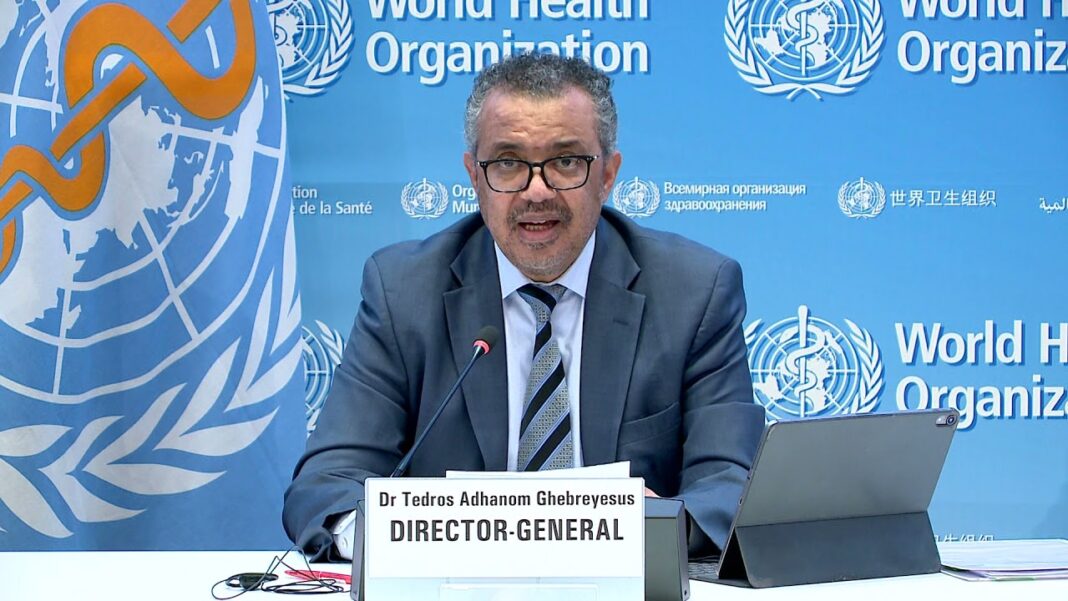Heart specialist sees many more cases of heart inflammation since COVID vaccine roll out
Dr. Sanjay Verma, an adult cardiologist practicing in Coachella Valley, California, sees a few hundred patients a month, and since last summer, he has seen “possibly a dozen” patients whose heart conditions might be connected to the COVID vaccines.
“I can only say possibly—not definitively—because we do not yet have any diagnostic test that 100 percent says ‘this caused this.’ What we do is what’s called a process of exclusion. We look for common associations like coronavirus, influenza virus, other infections, atherosclerosis or coronary artery disease, alcohol, recreational drugs, and if everything keeps coming back negative or normal, then by default and process of exclusion, vaccine-associated heart injury is a probability.
“Usually we don’t even see that many [heart problems] in a year,” Verma said.
Adding that prior to the pandemic it would be “much less than that per year.”
Verma is puzzled as to why the media has given more attention to COVID vaccine blood clot issues when there have been many more cases of myocarditis, according to his observation.
“I cannot, with confidence, conclude why one is getting more attention. And by attention, it’s not just news reports, it’s to the extent that they’ve basically put a caution to only use the Johnson and Johnson if there’s no other choice. So that’s a pretty strong caution. Whereas for the mRNA vaccines and heart issues, the warning is there on the FDA factsheet. But the number of people affected is far greater,” Verma said.
“The blood clot issue with Johnson & Johnson may be in the hundreds, but the heart issue is in the thousands. It’s a different level of patient exposure.”
In June of last year, the FDA announced a revision to the fact sheets of Pfizer and Moderna COVID vaccines, warning that there is a “low” risk of myocarditis—inflammation of the heart muscle, and pericarditis—inflammation of the lining outside the heart.
A study published in October of last year by the New England Journal of Medicine inferred that the risk of myocarditis was greater from COVID-19 than from the vaccines, but according to Verma’s research, the study was flawed.









